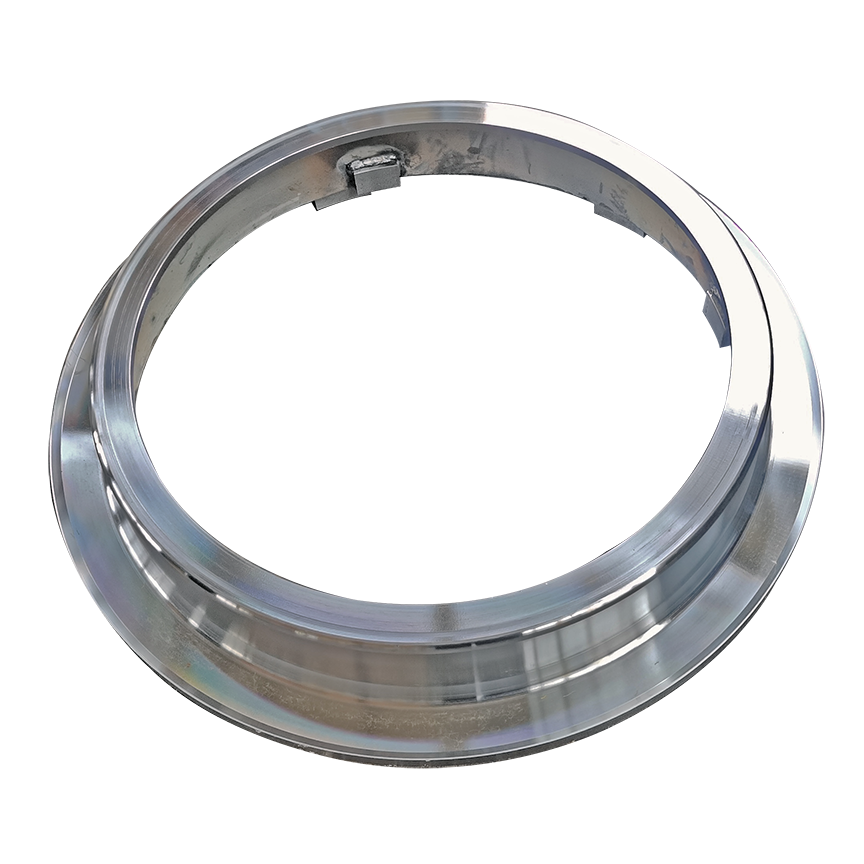- Afrikaans
- Albanian
- Amharic
- Arabic
- Armenian
- Azerbaijani
- Basque
- Belarusian
- Bengali
- Bosnian
- Bulgarian
- Catalan
- Cebuano
- China
- China (Taiwan)
- Corsican
- Croatian
- Czech
- Danish
- Dutch
- English
- Esperanto
- Estonian
- Finnish
- French
- Frisian
- Galician
- Georgian
- German
- Greek
- Gujarati
- Haitian Creole
- hausa
- hawaiian
- Hebrew
- Hindi
- Miao
- Hungarian
- Icelandic
- igbo
- Indonesian
- irish
- Italian
- Japanese
- Javanese
- Kannada
- kazakh
- Khmer
- Rwandese
- Korean
- Kurdish
- Kyrgyz
- Lao
- Latin
- Latvian
- Lithuanian
- Luxembourgish
- Macedonian
- Malgashi
- Malay
- Malayalam
- Maltese
- Maori
- Marathi
- Mongolian
- Myanmar
- Nepali
- Norwegian
- Norwegian
- Occitan
- Pashto
- Persian
- Polish
- Portuguese
- Punjabi
- Romanian
- Russian
- Samoan
- Scottish Gaelic
- Serbian
- Sesotho
- Shona
- Sindhi
- Sinhala
- Slovak
- Slovenian
- Somali
- Spanish
- Sundanese
- Swahili
- Swedish
- Tagalog
- Tajik
- Tamil
- Tatar
- Telugu
- Thai
- Turkish
- Turkmen
- Ukrainian
- Urdu
- Uighur
- Uzbek
- Vietnamese
- Welsh
- Bantu
- Yiddish
- Yoruba
- Zulu
Nov . 18, 2024 08:46 Back to list
heat exchanger for aquaculture factories
Heat Exchanger Technology in Aquaculture Factories
Aquaculture, the farming of aquatic organisms such as fish, crustaceans, and aquatic plants, is an industry that has gained immense importance over the last few decades. With the growing demand for seafood and the need for sustainable practices, aquaculture factories are continually seeking innovative technologies to enhance production efficiency and sustainability. One such technology that has gained traction is the use of heat exchangers. This article delves into the role and advantages of heat exchangers in aquaculture factories, highlighting their contribution to improved farming practices and resource management.
Understanding Heat Exchangers
A heat exchanger is a device designed to transfer heat between two or more fluids without them mixing. Typically, one fluid absorbs heat while the other releases it. In aquaculture, heat exchangers can significantly contribute to the regulation of water temperatures, ensuring optimal conditions for aquatic organisms. Maintaining appropriate temperatures is crucial for fish growth, breeding cycles, and overall health.
Applications in Aquaculture
1. Water Heating and Cooling Heat exchangers can efficiently heat or cool water used in aquaculture systems. For instance, during colder months, heat exchangers can warm up the water to maintain a consistent temperature, promoting better growth rates for species that thrive in warmer conditions. Conversely, in warmer climates or during heat waves, they can cool water to prevent stress and mortality among fish.
2. Wastewater Treatment In aquaculture operations, managing wastewater is vital for maintaining environmental standards and fish health. Heat exchangers can be employed in the treatment of wastewater by recovering heat from effluents, which can then be reused to heat incoming water. This not only reduces energy consumption but also enhances the overall sustainability of the operation.
3. Energy Efficiency By optimizing the temperature control systems and recycling heat, aquaculture factories can significantly reduce their operational costs. Heat exchangers minimize the need for conventional heating or cooling systems, which can be energy-intensive. As a result, farms can enjoy lower energy bills and a smaller carbon footprint, aligning with the growing consumer preference for environmentally-friendly practices.
heat exchanger for aquaculture factories

4. Enhanced Biosecurity Maintaining biosecurity in aquaculture systems is essential to prevent the spread of diseases among stocks. Heat exchangers can play a role in biosecurity measures by ensuring that incoming water is treated appropriately. For example, water can be heated to kill pathogens before being introduced into the farm, thus safeguarding the health of aquatic organisms.
Economic and Environmental Benefits
The integration of heat exchangers in aquaculture not only provides economic advantages but also contributes to environmental sustainability. Reduced energy consumption directly translates to lower greenhouse gas emissions, supporting global efforts to combat climate change. Moreover, efficient heat management can lead to greater fish yields, enhancing profit margins for aquaculture operations.
Challenges and Considerations
While the benefits of heat exchangers are substantial, there are challenges associated with their implementation. Initial capital investment can be significant, and proper maintenance is crucial to ensure their efficiency. Additionally, selecting the right type of heat exchanger tailored to specific aquaculture needs is essential for maximizing benefits.
Furthermore, as the aquaculture industry continues to evolve, ongoing research and development are necessary to enhance heat exchanger technology. Advances in materials and design could lead to even more efficient systems, further augmenting the role of heat exchangers in sustainable aquaculture practices.
Conclusion
Heat exchangers represent a promising solution for improving the efficiency and sustainability of aquaculture factories. By optimizing water temperature management, enhancing energy efficiency, and supporting biosecurity measures, these devices play an essential role in modern aquaculture practices. As the industry continues to adapt to rising environmental concerns and consumer demands, the integration of such innovative technologies will be vital for ensuring the future viability of aquaculture globally. Investing in heat exchanger technology today not only benefits individual operations but also contributes to the broader goal of sustainable aquaculture practices.
-
Cast Silicon Aluminum Alloy Heat Exchanger Suppliers & Exporters
NewsMay.31,2025
-
Precision Die Casting Services Custom & Machining Parts Supplier
NewsMay.31,2025
-
Stamp Concrete Pipe Mold Bottom Rings Durable & Customizable Designs
NewsMay.31,2025
-
Custom Furniture Hardware Supplies Buy Durable Parts Online
NewsMay.30,2025
-
Custom & ODM Stamp Concrete Pipe Mold Pallets Durable Solutions
NewsMay.30,2025
-
Buy Custom Steel Reinforced Concrete Pipe Bottom Rings & Moulds
NewsMay.30,2025


